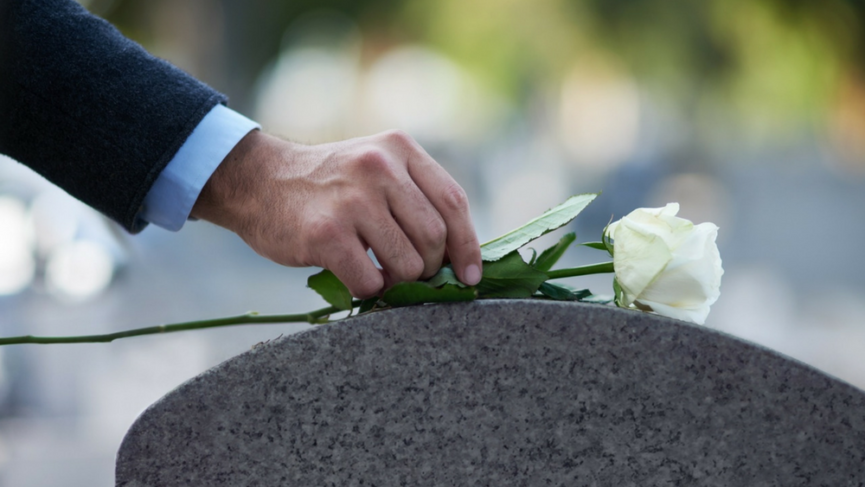One of the nation’s leading cause of death continues to be overdose. Deaths resulting from alcohol addiction alone continue to surpass millions as the years go by. There is a stigma surrounding the death of an addict where some state that the death is their own fault. It should be known that addiction is not a moral choice but a deadly disease. For those affected by the death of an addict, the grieving process can personally be earth-shattering.
Loved ones typically deal with the death of an addict by experiencing the five stages of grief. They’re as following: denial, anger, bargaining, depression and acceptance. While time heals, it’s important to know that time will go by much faster when it is well spent.
The Five Stages of Grief
The death of an addict is not an event that is taken lightly by loved ones. You should begin the grieving process immediately as it will heal the loss for the long run.
Denial:
Feelings of guilt, shame or denial should initially be addressed. The first step of the grieving process is denial. Denial allows us to slowly realize what has happened. It is a graceful way for us to process the death of an addict. As it becomes realized that your loved one is gone, we may deny the thought of them actually being gone. Although it may seem odd to begin the grieving process by denying the death, it is an important and vital step in the grieving process.
Anger:
With anger comes the blame game. You may begin to blame yourself, others or even the deceased for the passing of your loved one. The death of an addict may cause you to become enraged. This is natural and common. Your anger should not be suppressed, and you should let yourself become angry to get to the next stage.
Bargaining:
During this stage, you may begin to believe that the death of an addict has simply all been a dream. That if you vow to do something for the rest of your life, you’ll wake up and realize you were only dreaming. Or you may pray for all of this to go away, and make a bargain with God for it to be so. This is common and leads to the next stage of grief.
Depression:
It is likely that bargaining will not solve your problems. At this point you’ve tried everything, but nothing has worked. During this stage, you’ll embrace your sadness and become acceptance. You will slowly move to the next stage as your depression turned into sadness.
Acceptance:
The death of an addict and loved one has seeped into your heart, and you can now accept the fact of their passing. You’ve embraced it and can appreciate their life as if they’ve never left.
When you or a loved one is going through the grieving process following the death of an addict, it’s important to reach each and every step of the grieving process. Being stuck in one stage is not healthy when dealing with a death. The five stages of grief, however, are not set in stone when we are coping with death. They are the overall common processes when a loved one passes away.
If you or someone else is in the grieving process, you should allow yourself or help another move along the process. Been stuck in one stage is unhealthy and can lead to the prolonging of the process. The key is to push through while transitioning easily into each stage. Don’t let the stigma of the death of an addict interfere with your grieving process, because you know your loved one for who they are, and a stigma is not it.

